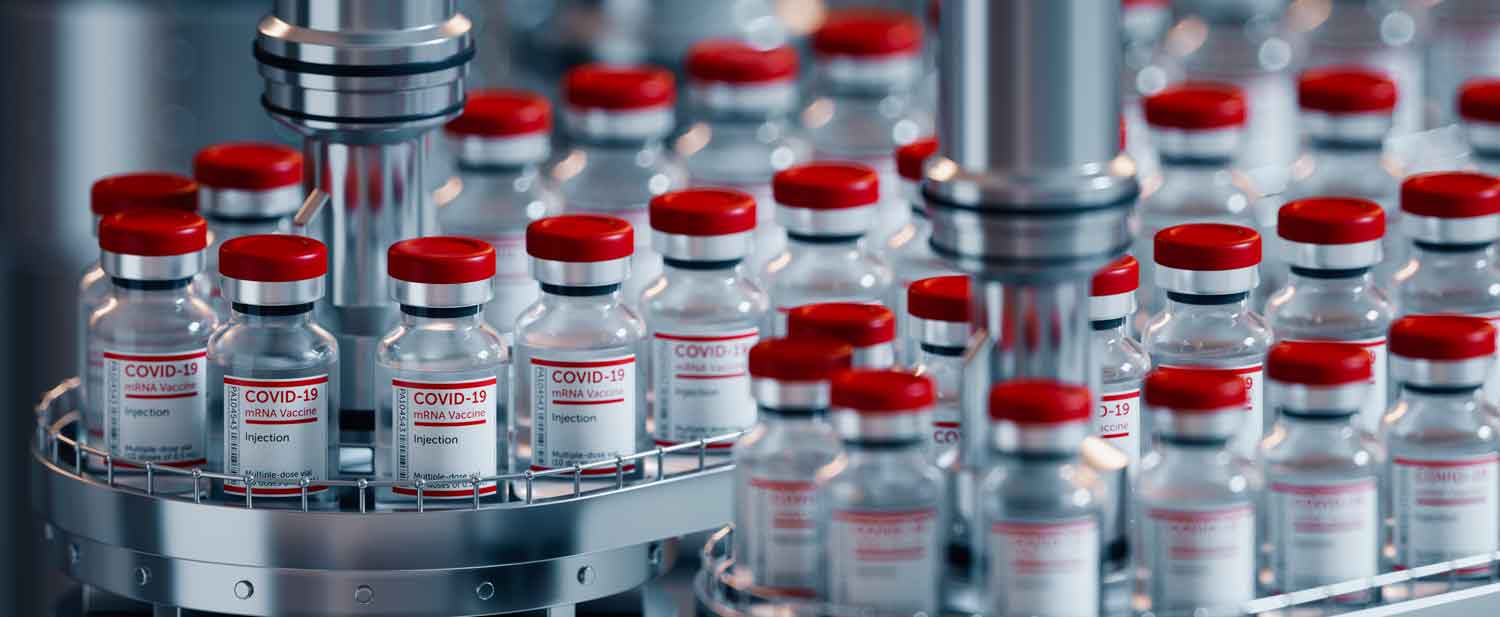Global Vaccine Divide: Will Wealthy Nations Share Mpox Shots
with Africa?
Wealthy nations possess hundreds of millions of doses of
vaccines that could combat the mpox outbreak currently ravaging parts of
Africa. However, donations fall drastically short of what is required to
control the disease, particularly in countries like the Democratic Republic of
Congo (DRC). According to Reuters, several countries, including Japan, the
United States, and Canada, have stockpiled vaccines for years in case of a
smallpox resurgence. Some of these doses were utilized during the global mpox
outbreak in 2022.
Africa, the region most affected by the current outbreak, is
facing a severe shortage of vaccines. Despite an estimated need for 18 to 22
million doses to immunize 10 million people over the next six months, fewer
than 4 million doses have been pledged. The Africa Centers for Disease Control
and Prevention (Africa CDC) has expressed concerns over the gap, stressing the urgent
need for more donations.
The situation, according to experts, is not about technical
limitations but political will. Maria Van Kerkhove, acting head of pandemic
prevention at the World Health Organization (WHO), emphasized, "Vaccines
are useless on shelves. Why wouldn’t we get them to the people who need them
right now?" She and other health authorities are actively lobbying for
more vaccine donations from wealthier countries.
The mpox outbreak, which began in early 2023 in the DRC, has
already spread to 14 African nations, resulting in over 37,500 infections and
1,451 deaths. Health officials are particularly concerned about a new strain,
clade Ib, identified in Congo. This strain spreads more easily, especially
among vulnerable groups such as children and those with compromised immune
systems like HIV patients.
Other obstacles further complicate the response to the
outbreak, including high vaccine prices, slow regulatory procedures, and
competing health crises within affected countries. Despite these challenges, a
mass vaccination campaign using 265,000 donated doses is expected to begin in
Congo in October.
While vaccines alone are not enough to halt the outbreak,
access to testing and public awareness campaigns is also essential. The stark
divide in vaccine distribution highlights a persistent issue in global health:
wealthy nations often fail to address viral threats at their source, allowing
diseases to spread unchecked.
"The disinterest in addressing mpox where it emerges is
a danger to people worldwide," warned Peter Maybarduk, an
access-to-medicines advocate. This imbalance in vaccine access underscores the
broader need for global collaboration in addressing health crises.










.jpg)